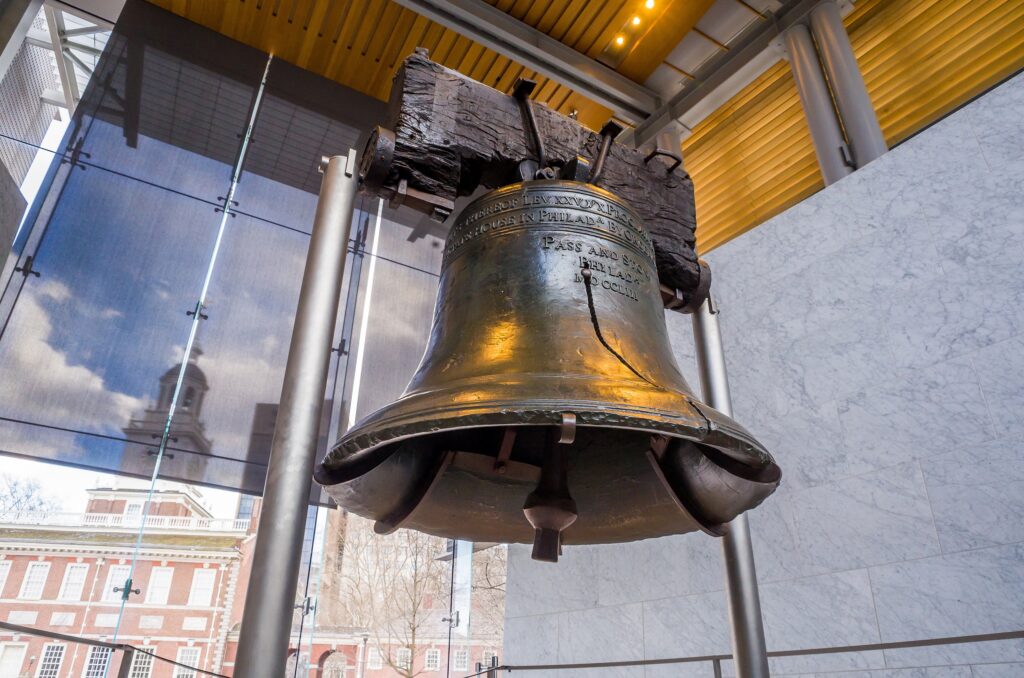Keep the Mississippi wind pool free of politics
Mississippi Insurance Commissioner Mike Chaney wants the state Legislature to pass legislation to give him much more control over the Mississippi Windstorm Underwriting Association and how it manages its finances.
That probably shouldn’t be surprising. He may be a conservative Republican, but Chaney is still a politician, naturally drawn to the seductive lure of power and money. But what the episode clearly demonstrates is how short political memories can be.
Created by the Legislature in 1987, the MWUA – better known as the “wind pool” – provides windstorm and hail coverage in coastal George, Hancock, Harrison, Jackson, Pearl River and Stone counties to those who can’t find coverage in the private market. Initially quite small, applications to join the pool surged in the years following Hurricane Katrina. It took painful reforms to shrink it back down to about 1.8 percent of the market as of 2016, according to the Property Insurance Plans Services Office.
Chaney’s complaint is that the pool’s 11-member board buys “too much” reinsurance, which is the insurance that insurance companies get to guard against very large catastrophes. Last year, the MWUA spent $38.4 million to buy reinsurance covering up to $910 million in losses. Under H.B. 984, which passed the state House of Representatives Feb. 6 by a 92-23 margin, the pool would need to get the insurance commissioner’s approval for any reinsurance purchase that exceeds the maximum amount it would probably expect to lose.
But probability is a funny thing. Back in 2005, when the pool had just $1.9 billion of total exposure, it suffered a $700 million loss from Katrina and ended the year with a $595 million deficit. In an unprecedented move, then-Gov. Haley Barbour took $50 million of federal aid and applied it to the wind pool’s deficit. The other $545 million had to be raised through assessments – essentially, “hurricane taxes” – on every policy in the state. The state’s insurers also filed a class action lawsuit against the pool alleging its management was negligent for not purchasing enough reinsurance.
Though the size of the wind pool has shrunk from a peak of $7.2 billion in total exposure in 2011 to just short of $4.9 billion in 2016, it’s still more than double the size it was in 2005. And the reinsurance it buys now is much more affordable than it was a decade ago. Back in 2006, when the pool had $5.4 billion in total exposure, it spent $43 million for just $350 million of reinsurance coverage.
Lowering the amount of reinsurance the pool buys would mean it could charge lower rates in the short term. But in the event of another Katrina – or a Harvey or Irma that takes a hook into Gulfport, Biloxi or Pascagoula – it would mean even bigger hurricane taxes assessed on policyholders throughout the whole state. Even someone with a personal auto policy all the way up in Tupelo would be asked to bail out homeowners down at the coast. And if the pool’s rates went down, you can be sure it would start growing again, creating a vicious circle.
Other provisions of the bill would take $3 million currently collected each year through a policy fee and divert it from the pool to Mississippi’s general fund. It’s worth discussing whether that fee is still necessary, but that should be considered as part of an overall plan to bring down insurance taxes in the state. Mississippi received a grade of “D” in the R Street Institute’s most recent Insurance Regulation Report Card, in part because of the heavy tax and fee burden it lays on consumers. The $308.7 million in premium taxes Mississippi collected in 2016 on $14.56 billion of premiums comes out to a rate of 2.1 percent. That’s the third-highest burden in the country, behind only New Mexico and Tennessee.
Using the tools of market discipline, the MWUA has done an effective job of protecting both taxpayers and policyholders across the state. Subjecting it to the whims of politics would be short-sighted and could set the stage for yet another crisis.
Image credit: Sean Pavone








